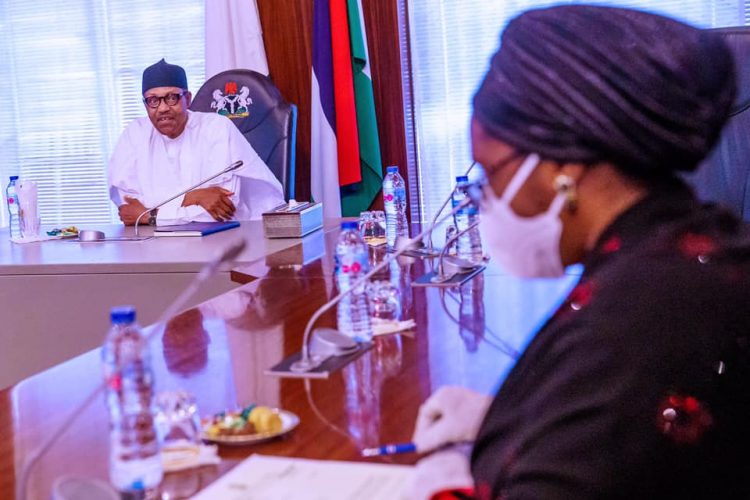There are no products in your shopping cart.
| 0 Items | £0.00 |


NIGERIA has entered into her worst recession in four decades as the economic fallout from the coronavirus pandemic looks set to decimate the economy in a devastating manner last witnessed in the 1980s when oil prices collapsed.
Being a mono-economy, over 90% of Nigerian government revenue comes from the sale of crude oil and due to the pandemic, the sector has been hit hard. Not only has oil demand collapsed due to the shutdown but prices have all dropped significantly, making it impossible for Nigeria to fund her 2020 budget which was predicated on selling 2.1m barrels at a minimum price of $57 a barrel.
With limited revenue coming into government coffers, Nigeria's finance minister Zainab Ahmed has been forced to resort to borrowing to fund the 2022 budget. Since the pandemic struck, the government has borrowed about $10bn from the World Bank, International Monetary Fund and African Development Bank.
In June, the World Bank warned that the collapse in oil prices and the Covid-19 pandemic could push the Nigerian economy into the worst situation since the 1980s. Already, Nigeria's gross domestic product (GDP) has contracted by -2.48% this year and all economic forecasts predict that this will get worse.
According to figures just released by the National Bureau of Statistics (NBS), Nigeria's GDP recorded a negative growth rate of –3.62% year-on-year in real terms in the third quarter of 2020. Apparently, growth in the third quarter of 2020 was slower by 5.90% points when compared with the third quarter of 2019 which enjoyed a real growth rate of 2.28% year-on-year.
NBS analysts said that the dismal performance in the third quarter of this year was caused by the restrictions to movement and economic activity due to coronavirus. Aggregate GDP during the quarter stood at N39,089,460.61m in nominal terms, which was lower relative to growth recorded in the third quarter of 2019 by -9.91%.
In the early to mid 1980s, Nigeria suffered a similar fate when global crude oil prices dropped from around $40 a barrel to $8 a barrel. As was the case back then, the fall came on the back of a boom but the government failed to save for a rainy day, meaning it had no reserves to fall back on.